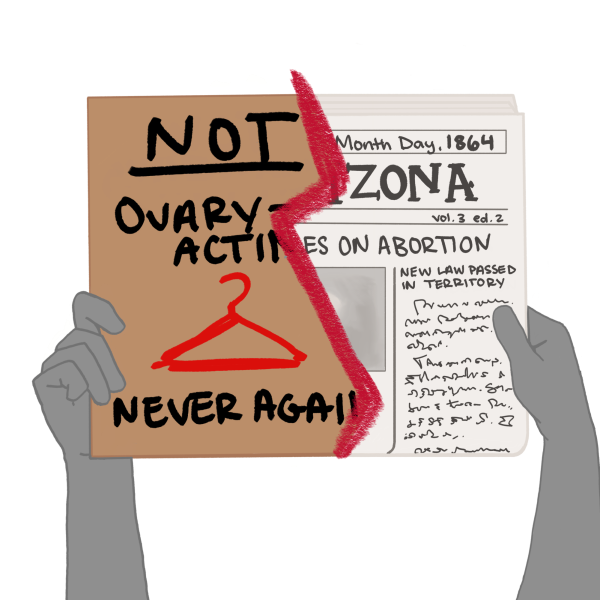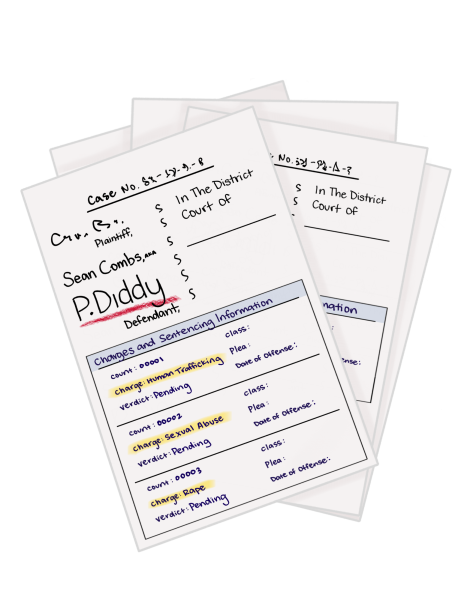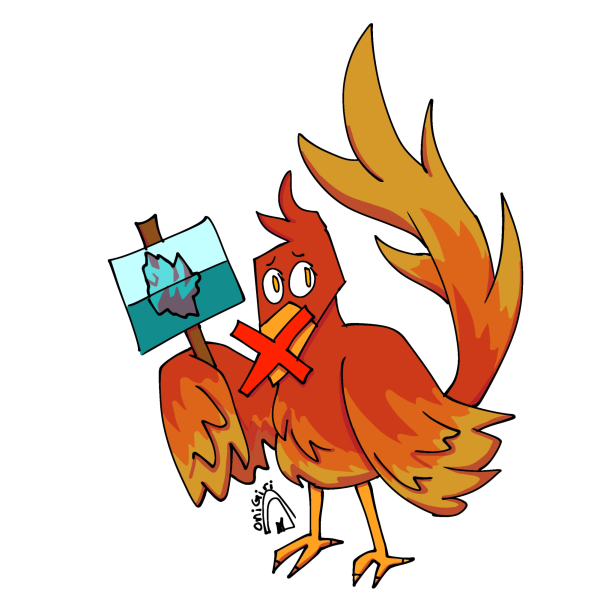No great nation
March 3, 2020
Elizabeth Warren hosted a town hall Thursday at San Antonio’s historic Sunset Station. She was noticeably tired, evidence that her grueling schedule of eight campaign stops across seven states and performances in three national debates during February alone has taken a toll. However, Warren’s stumping showed determination and quickly energized the crowd. The candidate’s strong performance just a few days ahead of Super Tuesday should serve to detract from ageist arguments.
Warren focused her speech as she has her campaign: on “big, structural change.” Amid the Massachusetts senator’s calls to root out government corruption, curb the influence of multinational corporations and empower “the rest of us,” she spoke to the heart of what is at stake in this election: what it means to be a great nation.
When President Trump was elected to office in 2016, people began to earnestly question the stability of the Western liberal democratic order. Overnight, the international community pivoted from “The End of History” to “the end of democracy.” The prospect of a populist president signaled a change not only in U.S. identity but also in global norms of democracy.
Critical Theory works to amplify the voices of groups that have been minimized in the production of history and in the construction of international relations. These perspectives have shed light on the many reasons why someone might believe the decline of the Western order is a good thing.
For some, the crumbling of Western liberal democratic order means the end of a globally oppressive regime. However, Western liberal democracy means something different to each individual who calls one of these democracies their home.
On Thursday, Warren’s energetic performance called for a return to some of the most basic principles of human decency and human rights. Toward the end of her speech, Warren promised to treat violent white supremacy and the security threat groups which foster it as “the terrorists they are.”
These words reminded me that the 2020 election is really about identity — our identity as individuals, as a great nation and as a Western liberal democracy. These structures are not just political; they are habitual. To change these institutions, to change the structure, we must change ourselves, our habits and our identity.
Toward the end of her speech, Warren lifted the crowd with a powerful cadence:
“No great nation separates children from their families.
No great nation sweeps through neighborhoods and picks up our neighbors.
No great nation says to people who come to our borders begging for asylum that they can’t come in.”
According to Warren, a great nation is one that remembers the words from Matthew 25:35: “I was a stranger and you took me in.”
In an election year, we are all given an opportunity to consider what is important to us. For me, the continuous threat of eroding human rights and eroding norms of democratic procedure are important.
Regardless of your political affiliation, regardless of who you vote for, remember that this year, you are voting for your own identity and the identity of the country that you call home. You are voting for what it means to be a great nation.










